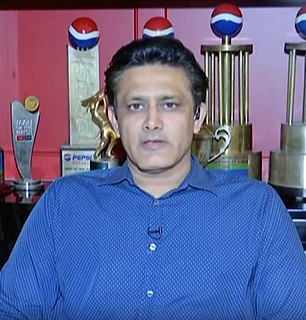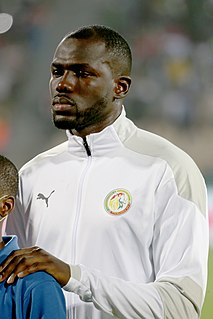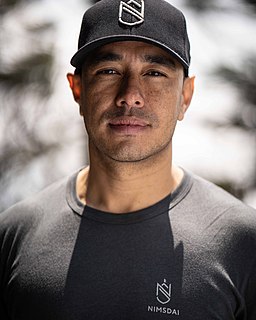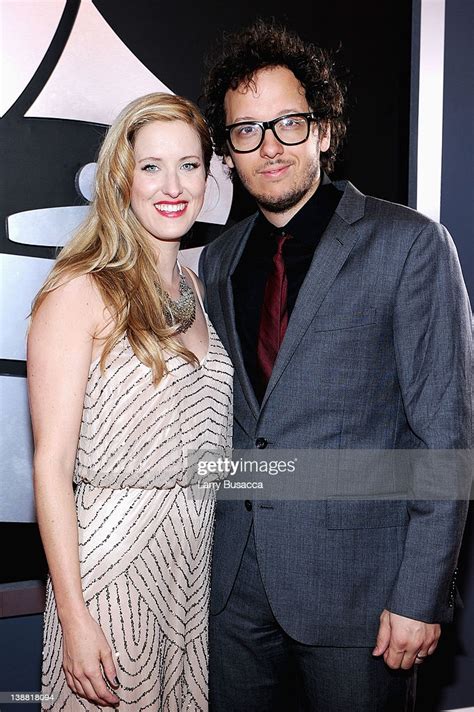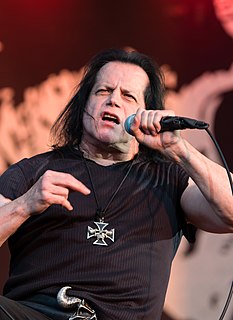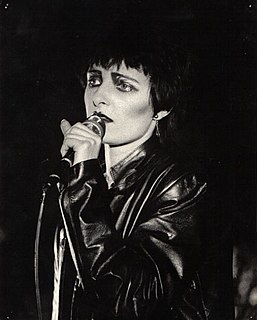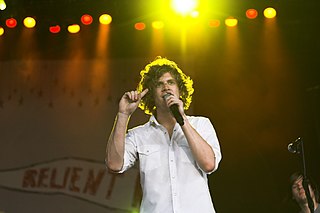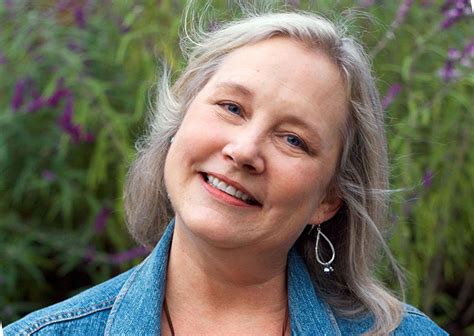A Quote by Mohsin Hamid
When the forces are aligning against hybridity, it harms everyone, as we are all migrants. Growing up in Pakistan, I know just how oppressive that kind of puritanical mindset can be.
Related Quotes
The United States initially poured money and arms into Pakistan in the hope of building a major fighting force that could assist in defending Asia against communism. Pakistan repeatedly failed to live up to its promises to provide troops for any of the wars the United States fought against communist forces, instead using American weapons in its wars with India.
Young people increasingly have become subject to an oppressive disciplinary machine that teaches them to define citizenship through the exchange practices of the market and to follow orders and toe the line in the face of oppressive forms of authority. They are caught in a society in which almost every aspect of their lives is shaped by the dual forces of the market and a growing police state.
I kind of grew up a guitar nerd and I tried to figure out how to shred on an acoustic guitar as a kid, while listening to jazz or whatever. So that is kind of a different thing and my church background, growing up with worship kind of the ground that I learned how to play music from. Those are all odd ways of growing up, compared to most people, so I think the music has plenty of uniqueness in that.
The real concern is that Iran would do what Pakistan did. Pakistan wanted nuclear weapons, like Iran, purely for defensive reasons - to defend itself against India. The problem was that once Pakistan acquired the weapons, it allowed the country to be more aggressive. So they stepped up their support for the Kashmiri terrorists, and it led very quickly to the Kargil crisis in 2000, which almost sparked a nuclear war between India and Pakistan.
I think you can maintain two tracks. I think you have to. That's what this kind of filmmaking is about. If you're not aware of the limitations of what you're up against... it's like a general: you have to know your artillery and you have to know your infantry. You have to know what you have. You have to marshal your forces and use them well. It comes down to the personal and the intimate, but at the same time you have to have the big picture.
I've always loved comedy and growing up it was the comedies that I really responded to. So I don't know how it turned out that once I started acting that I started getting a certain kind of role, that I never saw myself as growing up, so I really love when I get an opportunity to play a [comedian] role.
You just pour your heart and soul into a project, and everyone pays their dues, and everyone on the crew, everyone works so hard. Then you just don't know how the show ends up. You just hope that it turns out great, and you hope that people respond to it, and you hope that the network accepts a Season Two.


